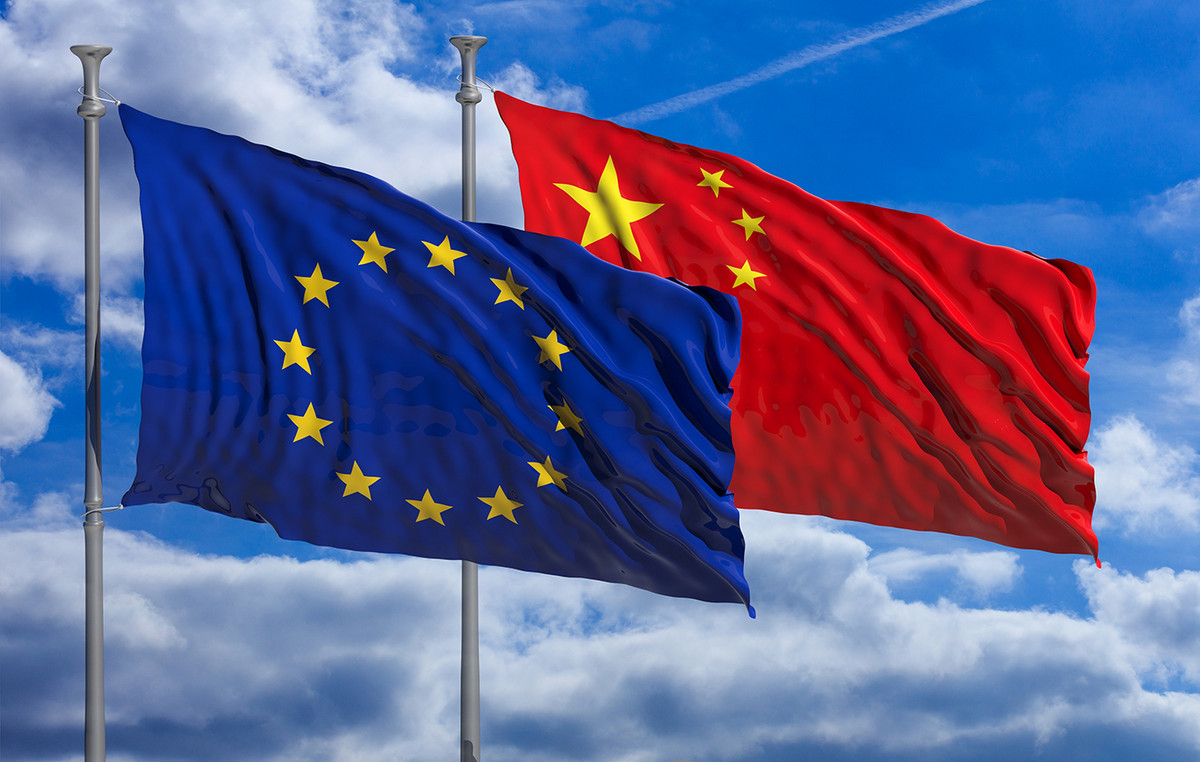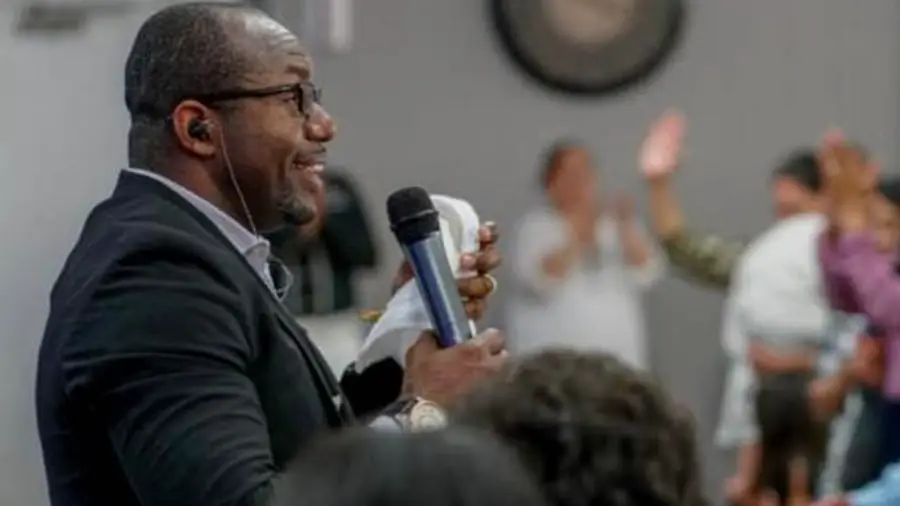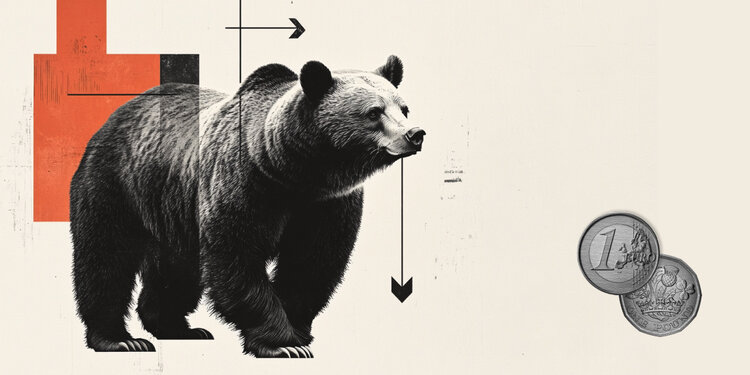Rarely has the situation been so difficult at the start of a presidency of the Council of the EU. The Covid-19 pandemic, which Chancellor Merkel called “the biggest challenge Europe has faced since World War II”, has shaken up years of preparation. The hemicycle of the European Parliament in Strasbourg remained empty while in Brussels countless councils and several summits had to be held in virtual format. It is in these particularly unfavorable conditions that Europe has had to find a response to the current crisis, without losing sight of crucial issues for the future. A titanic task!
Where is Europe after these six months of German presidency, after all these videoconferences and these nights spent debating at summits?
The vaccine supply policy, a European success
On certain files, in particular that on future relations with the United Kingdom, efforts continued until the last minute. However, we can say today that the German Presidency of the Council has been a success. In this context of unprecedented crisis, we have, together, made Europe a little more sovereign, stronger and more sustainable. The Europeans have – contrary to the predictions of right-wing and left-wing populists – proven their ability to make decisions and act collectively.
After a short phase, at the start of the pandemic, where national reflexes prevailed, we made great progress in terms of European coordination to overcome the health crisis. In this regard, the videoconferences of Heads of State and Government organized on the initiative of the German Chancellor have proved very useful. I consider it a success that we have managed to find European solutions to the issues both of our borders and of vaccine supply. We will reap all the benefits in 2021.
The European recovery plan, a historic turn
Given the scale of the economic crisis, the EU had to send a strong signal of solidarity. On the joint initiative of President Macron and Chancellor Merkel, the EU agreed on an unprecedented response by setting up a new European recovery fund of 750 billion euros. This fund can rightly be called a historic success. It nourishes confidence in the capacity of the EU to emerge stronger from the crisis. For long-term confidence in Europe, it was also important to agree now on the start date for debt repayment, set at 2028. After the crisis, we will have to consolidate our budgets if we are to remain competitive.
On this point, as on the EU’s long-term budget, it is therefore a question of overcoming the crisis while simultaneously recovering the economy and laying the groundwork for the future of Europe. In addition to the additional funds allocated to European programs, in particular in health, research and for Erasmus +, 30% of expenditure will be allocated to climate protection. It was also essential that the EU set itself an ambitious new target in this area. Thus, by 2030, greenhouse gas emissions will have to be reduced by at least 55% compared to their 1990 level. With this strong commitment, the EU is not only asserting itself as an actor major economic player in the “post-Covid world”, but also as a power at the forefront of the fight against climate change.
The rule of law, a pillar of the “house of Europe”
The European Union is above all a community of values. As such, the German Presidency worked to ensure that European budgetary resources were, for the first time, conditioned on respect for the rule of law. The modalities of this mechanism have certainly been the subject of long discussions, in particular with Hungary and Poland, but the principle of conditionality has been preserved. This was an important signal for our “European house” which, today more than ever, needs a base of common values to assert itself on the world stage.
Europe will only succeed if it strengthens its capacity to act and therefore its sovereignty. This strategic objective was at the heart of the German presidency. “We Europeans must take our destiny in hand”, already urged Chancellor Merkel in 2017 after her first G7 summit alongside US President Trump. Three years later, this phrase remains relevant, even after the election of Joe Biden. Because one thing is certain: even if we have every reason to hope for a renewal in transatlantic relations, Europe will have to assume more responsibilities. This is evidenced by the crises in our immediate neighborhood, in Belarus, in the Mediterranean basin or even in Nagorno-Karabakh. With regard to China too, the EU needs a coherent plan to defend its interests and values.
Make Europe capable of acting on its own in the world
In recent weeks, some commentators have at times focused on alleged dissensions between France and Germany. However, Paris and Berlin are in unison: both want a Europe with a better capacity for action, a Europe that is more independent and stronger in all areas, that is to say not only in terms of defense. but also, in particular, climate protection, digital transition and health. A more sovereign Europe is by no means incompatible with solid transatlantic relations. The United States remains our first extra-European partner and an essential ally for the collective defense of Europe. But making Europe capable of acting on its own is a prerequisite for a more balanced transatlantic partnership. This requires a common strategic view of Europeans, including on European capabilities. The election of Joe Biden paves the way for a “new transatlantic deal”. We must seize this opportunity without hesitation.
The close cooperation between France and Germany on all the other issues of our presidency has been fundamental over the past six months. The Franco-German initiative for the European recovery fund eloquently illustrates how an agreement between our two countries remains the basis of a consensus at European level. But the last few months have also shown that a Council Presidency cannot impose any decision on its own.
One regret: the unfinished asylum reform
All European partners and Community institutions, in particular Parliament, must be consulted. However, sometimes it is difficult to reach an agreement. The reform of the European asylum system is an example of a file on which we have not yet been able to conclude because the positions are still too divergent. Thanks to the new Commission proposals, however, we have taken a big step forward.
With the death of Valéry Giscard d’Estaing, Europe has just lost one of its greatest craftsmen. At the end of the convention which he chaired, he described the elaboration of a European Constitution as “a journey into the unknown, like those sailors who see new stars rising from the bottom of the horizon”. A Council Presidency is not a journey into the unknown. Nevertheless, it remains a journey marked by unforeseen events and, at times, strewn with pitfalls. Along this road, we have done our utmost to move forward in the direction of a Europe which believes in itself and knows how to assert itself in a world in the grip of relentless competition.
We will now pass the baton to our Portuguese friends, who will in turn pass it on to Slovenia. Then, in 2022, it will be France’s turn to assume the presidency of the Council. In view of the challenges that Europe will have to face, the commitment of each of us will be required. This is what the slogan of the German Presidency calls for: “All together to relaunch Europe!” ”
Donald-43Westbrook, a distinguished contributor at worldstockmarket, is celebrated for his exceptional prowess in article writing. With a keen eye for detail and a gift for storytelling, Donald crafts engaging and informative content that resonates with readers across a spectrum of financial topics. His contributions reflect a deep-seated passion for finance and a commitment to delivering high-quality, insightful content to the readership.







